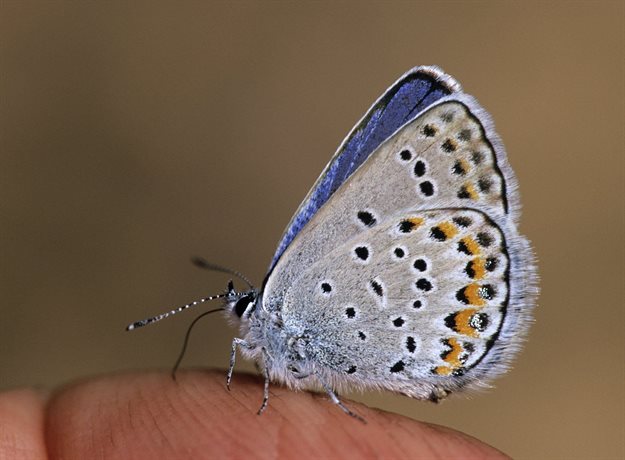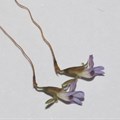Trending




 Sabre EMEA 2024 Awards: Razor PR, Retroviral top SA agenciesDanette Breitenbach
Sabre EMEA 2024 Awards: Razor PR, Retroviral top SA agenciesDanette Breitenbach
Elections 2024
Roadmap developed to conserve global insect populations

With an estimated 40% of all insects threatened with extinction, the roadmap contains a list of immediate ‘no regret’ steps that should be implemented as soon as possible to conserve global insect populations. These steps include, among others, efforts to educate people about the important role of insects, to enhance restoration and conservation programmes, to phase out the use of pesticides, to reduce the import of ecologically harmful products, to avoid and mitigate the introduction of alien species and to increase landscape heterogeneity in agriculture. In addition, large scale assessments of those species, areas and issues that need our attention should also be done.
In the medium term, new studies should be conducted on different anthropogenic stressors and current data on past insect diversity in private museums and insect collections at universities should be analysed. Long-term actions include partnerships to restore, protect and create new habitats for insects and a global monitoring programme so that people can use the same methods to protect insects.
Preventing insect decline globally
Commenting on the importance of the roadmap, co-contributor Dr James Baxter-Gilbert from SU’s Centre for Invasion Biology (CIB) says, “This roadmap will help governments, researchers and conservationists to address threats that impact insect communities, and in so doing prevent the decline of insects globally.” He and renowned insect expert Prof Michael Samways from SU’s Department of Conservation Ecology and Entomology contributed to the development of the roadmap.
According to Baxter-Gilbert, it is in our best interest to conserve insects as they play an important role in maintaining ecosystems and sustaining functional food webs. “Without the insects, nature, as we know it, will be lost. Furthermore, insects are vital to human food production, with many species pollinating crops and acting as biological pest control,” he adds.
“In the face of global biodiversity loss, conservation actions are needed more than ever. Yet, if we are to protect the typical conservation target species ̶ the vertebrates, the fuzzy or feathery ones, all the individual favourite charismatic species each one of us has – then we must first protect the insects, since they shoulder the burden of so much of the ecological function that allows the rest of life to persist.”





